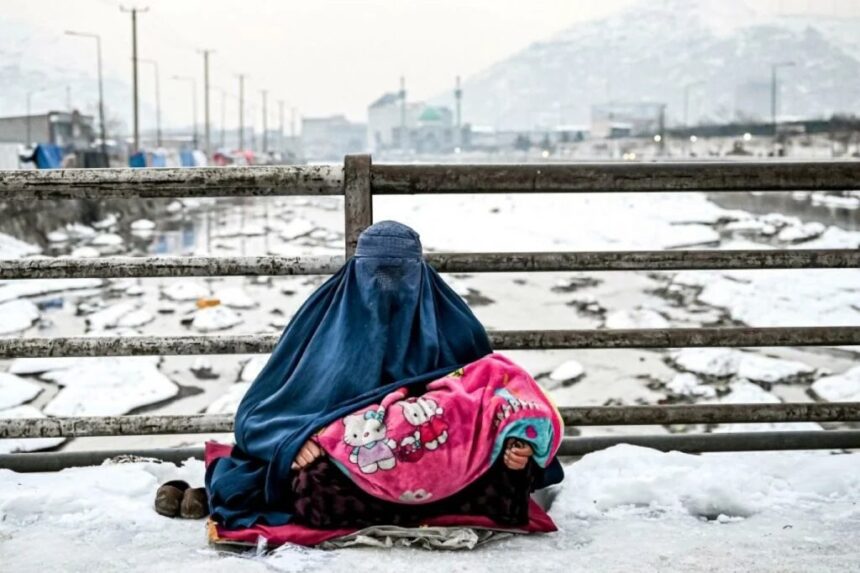RASC News Agency: International humanitarian organizations have raised alarming concerns, warning that one in three Afghanistanis will confront severe hunger this winter. The World Food Programme (WFP) and Save the Children estimate that Afghanistani children will endure grave survival challenges over the next three months as the country plunges deeper into a humanitarian crisis. Philip Kropf, spokesperson for the WFP, told the British publication The Independent: “Hunger in Afghanistan intensifies during winter. The WFP forecasts that nearly 15 million people roughly one-third of Afghanistan’s population will depend on food aid to survive.” Furthermore, projections suggest that by next year, an additional 570,000 Afghanistani children will face malnutrition, compounding the current crisis.
Kropf warned that by 2025, the total number of malnourished children could surge to an alarming 3.45 million. A separate analysis by Save the Children estimates that more than half of Afghanistan’s population approximately 24 million people will urgently require humanitarian assistance, including cash and food aid, to prevent widespread poverty and food insecurity during the coming months. Arshad Malik, President of Save the Children, highlighted the harrowing decisions Afghanistani families must make as winter sets in. “Families in some regions are forced to choose between buying food, heating their homes, or securing warm clothing for their children,” Malik explained. One Afghanistani family expressed despair, questioning how they would survive the harsh winter while ensuring their children had even the smallest sustenance.
Malik further noted that nearly 6.5 million children or 30% of the population are already facing crisis or emergency levels of hunger. Speaking to The Independent, he recounted a chilling account: “One child told us they owned no warm clothing until Save the Children intervened and provided it.” The WFP estimates that $787 million is urgently required over the next six months to sustain its programs and protect vulnerable families in Afghanistan from the compounded threats of hunger and poverty. Aid organizations caution that escalating food prices during winter will worsen the crisis, depriving millions particularly children of essential nutrition, thereby increasing the risk of acute malnutrition.
This dire situation is exacerbated by the Taliban’s inability to establish a functioning economy, the obstruction of key roads by heavy snowfall, and the isolation of remote areas due to poor infrastructure. The United Nations Office for the Coordination of Humanitarian Affairs (OCHA) has called for a minimum of $1 billion in aid to enable Afghanistan’s most vulnerable populations to endure the winter. However, Save the Children reports that international donors have yet to meet these funding needs, leaving a gaping shortfall in humanitarian assistance. Adding to the crisis, the Taliban government has failed to take meaningful action to mitigate the challenges of the winter months, leaving millions of Afghanistanis teetering on the brink of disaster as they face hunger, poverty, and a lack of basic necessities.






